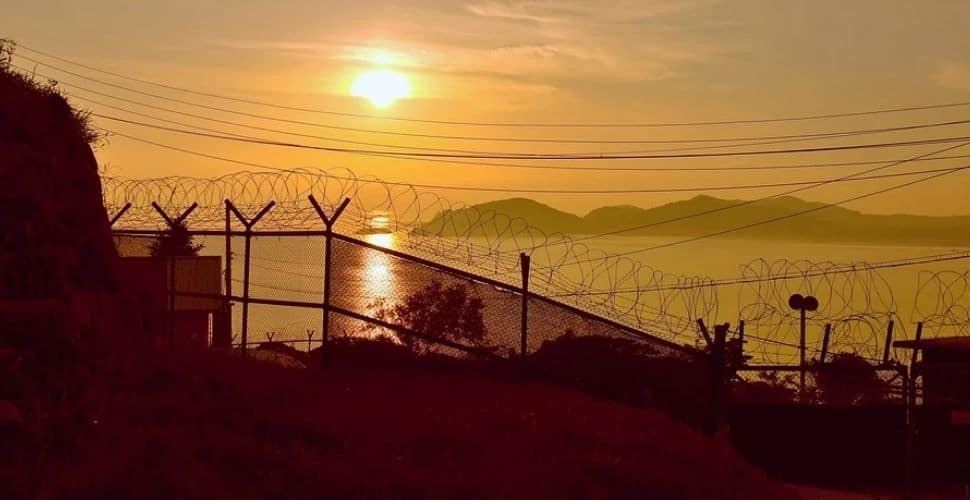At Freedom United, we campaign to end forced labor in prisons and the conditions of servitude in which nearly 800,000 incarcerated people in the U.S. are producing goods and services for corporations for pennies.
In Thailand, the authorities are taking action: they banned the use of prison labor for the manufacturing of fishing nets after a comprehensive report by the Thomson Reuters Foundation cited detainees who said they were forced to work under duress and for little or no pay. An article from Thomson Reuters details the scope of this decision.
The decision of the correctional institutions in Thailand
The Department of Correctional Institutions of Thailand stated that, in view of the Reuters report, it ordered prisons not to sign new contracts for net manufacturing. Deputy Director-General Chan Vachiradath said the following in a written statement:
“There are concerns that inmates may have been forced to work. The Corrections Department has therefore issued orders to reform prison labor according to human rights principles.”
Vachiradath added that the memorandum banning new net-making contracts in prisons was issued on May 2, although it was not made public at the time.
According to promotional material from the Department of Corrections, the Thai prison work program was intended to provide vocational training to help detainees secure gainful employment after their release. However, human rights groups say it has become an exploitative program, citing low wages, harsh working conditions, and the use of punishments when workers fail to meet quotas.
Both the Department and Khon Kaen Fishing Net (KKF), Thailand’s largest producer of fishing nets, denied the use of forced labor in prisons.
Changes in prison labor
Some prisons also announced immediate wage increases of up to 30% for certain jobs, such as manufacturing fishing nets, folding bags, and needlework.
While labor rights advocates welcomed the decision, they called on the government to ensure that prison workers’ pay is in line with the legal minimum wage, and to allow independent inspection agencies access to prisons. “This is just one of many examples of how multinational corporations scour the globe to source the lowest-priced products, but absolve themselves of responsibility for the human rights abuses their race-to-the bottom engenders,” said Jennifer Rosenbaum, executive director of the Global Labor Justice – International Labor Rights Forum. She also noted:
“This case demonstrates that the Thai government must do much more to effectively identify and hold accountable Thai companies that seek to profit from forced labor in their supply chains.”
In the U.S., incarcerated individuals in prison industry programs across the country generated $2.09 billion worth of goods and services in 2021. As in Thailand, they are coerced to work for pennies. Prison labor is inherently coercive and exploitative, and incarcerated workers are not protected by standard labor laws, including the minimum wage, overtime protection, the right to unionize, and workplace safety guarantees.
Sign the petition and call for an end to prison slavery in the U.S. here.








Freedom United is interested in hearing from our community and welcomes relevant, informed comments, advice, and insights that advance the conversation around our campaigns and advocacy. We value inclusivity and respect within our community. To be approved, your comments should be civil.